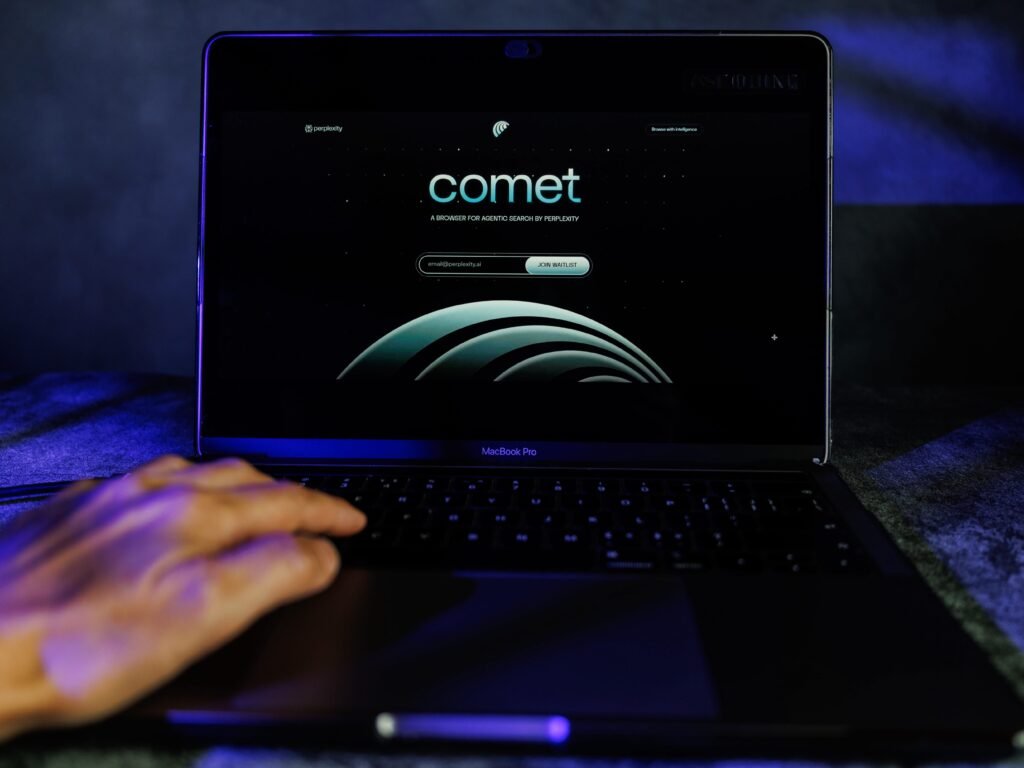
May James/SOPA Images via Reuters Connect
- This post originally appeared in the BI Tech Memo newsletter.
- Sign up for the weekly BI Tech Memo newsletter here.
Forget chatbots. The future of AI might be hiding in plain sight: your web browser. That’s the vision behind Comet, Perplexity’s new AI-native browser, and one that a16z partner Olivia Moore believes could reshape how we work online.
In her recent deep dive comparing Comet with a similar product called Dia, Moore emphasizes that AI browsers are not just souped-up search engines. They are agents capable of performing complex, multi-step tasks across your digital workspace without switching contexts. Unlike chatbots that require explicit interaction, Comet lives alongside your daily workflow, turning everyday browsing into automated productivity.
In a recent YouTube video and X post, Moore highlighted Comet’s integration across Gmail, Google Calendar, Drive, and more, enabling real actions such as triaging emails, rescheduling meetings, and completing purchases. Need to rebook a flight, summarize five open tabs, and follow up with a contact? Comet can do it, and remember to nudge you if you forget, according to Moore.
This is where Moore thinks Comet shines over Dia: it’s not just reactive, it’s proactive. It handles recurring tasks, personalizes results, and pushes outputs back to you without needing to navigate into a separate interface and spin up a new project — a limitation of broader AI tools such as ChatGPT and Project Mariner.
Still, Moore doesn’t count Dia out. Its customizable “Skills” and multi-tab reasoning make it a great assistant for creators and researchers, especially those who like to fine-tune workflows.
Ultimately, Moore crowns Comet the better AI browser, but she said that Dia remains her daily driver for personalized workflows. The bigger takeaway? AI browsers like Comet are ushering in a world where software isn’t just a tool, but a collaborator.
As Moore puts it: “We may finally be there.”


